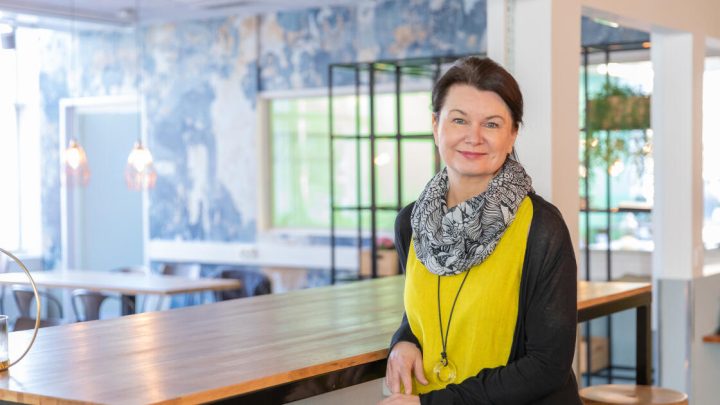INVEST: New Welfare State Is Created by Investing in Children and Adolescents
The Finnish welfare system is a success story enjoying global admiration. However, there is one central deficit in the current welfare system: it does not sufficiently help families with accumulated disadvantages. The goal of the INVEST project’s researchers is to build a Welfare State 2.0 in which disadvantages are tackled with targeted interventions.
One of the most central goals of the INVEST consortium is to seek out factors that limit the well-being of children and young people and implementing interventions that are based on research. However, which factors in the end threaten the well-being of children and adolescents?
– In small children, these factors are often related to family, but peer relationships become more and more important when they grow older. This is highlighted especially in school-age children for whom one significant factor that limits well-being is bullying, says Professor of Psychology Christina Salmivalli who is the Deputy Head of the Flagship Programme.
Salmivalli leads the KiVa Antibullying and Opintokamu intervention programmes that focus specifically on school environment. The KiVa Antibullying Program is a success story in Finnish transnational education and familiar to many all over the world. At its peak, 90 percent of Finnish comprehensive schools were part of the Antibullying Program.
– We want to build a new welfare state by investing in children and adolescents as well as in those environments where they grow up. In INVEST, we will collaborate closely with different public institutions, such as schools and child health clinics, says Salmivalli.
When children grow up, new problems can emerge alongside bullying.
– Adolescents who have learning disabilities fall behind in their studies, which increases mental strain and risk of social exclusion. The Opintokamu programme directed at secondary schools meets this challenge by offering tools for students and teachers for tackling learning disabilities.
Opintokamu consists of three themes: studying, social relationships, and controlling emotions and disposition. In addition to learning, the programme supports, for example, students’ life management skills.
– The flagship programme enables us to develop the projects further and study their impacts. At the moment, our biggest challenge is how to implement the interventions proven effective by research widely into the society. Therefore, implementation study is one of the key aspects in INVEST, says Salmivalli.
Text: Heikki Kettunen
Photo: Hanna Oksanen
Translation: Mari Ratia

